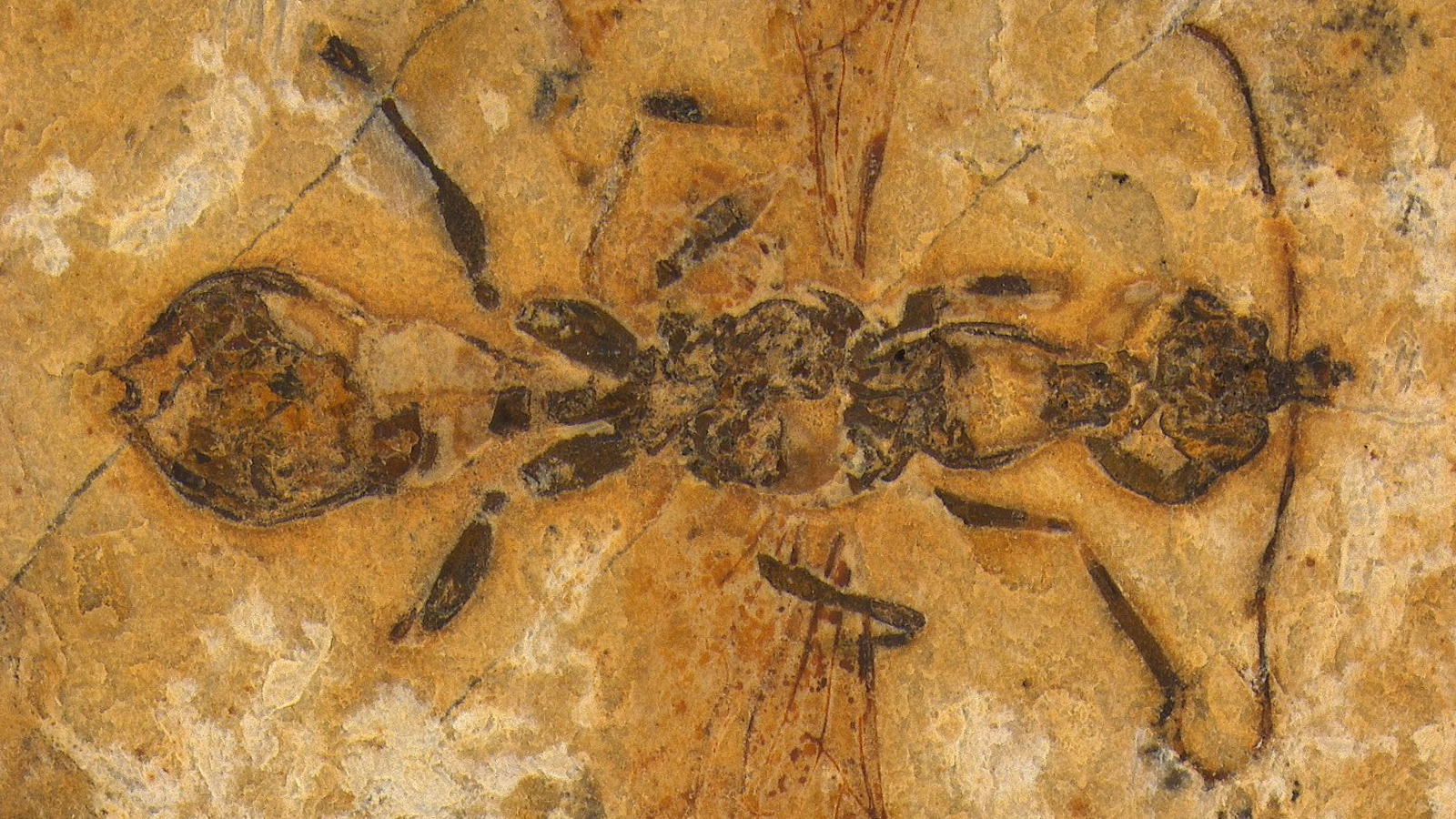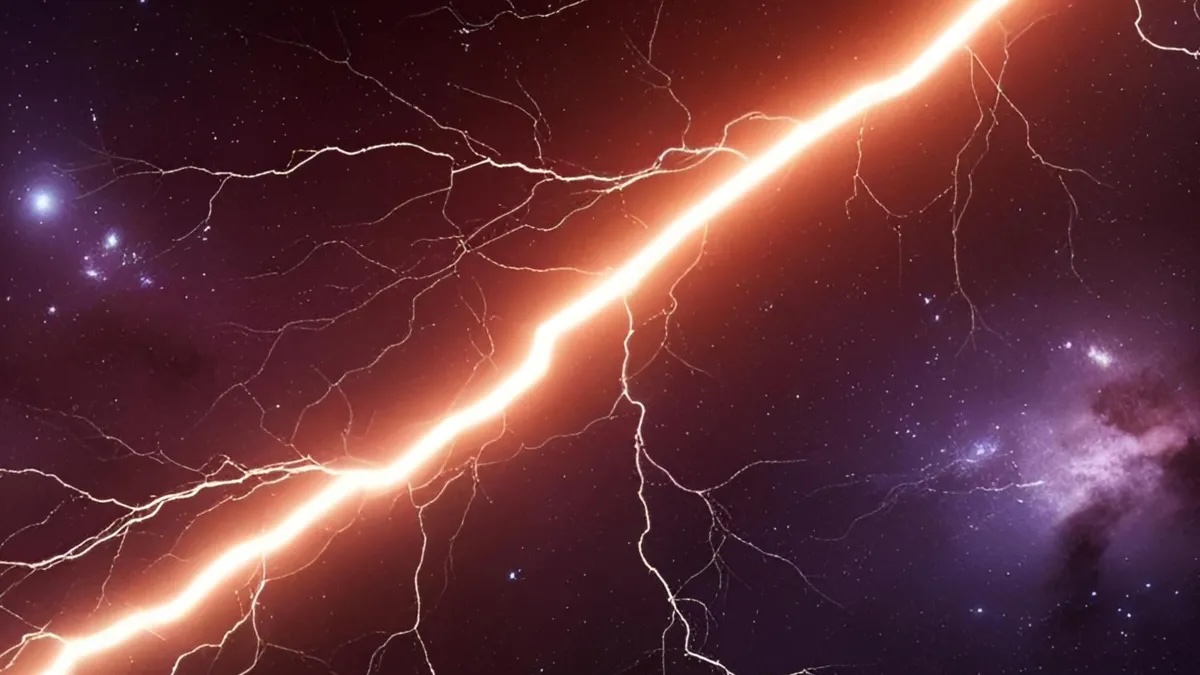Using AI reduces your critical thinking skills, Microsoft study warns
A survey of workers who use AI has revealed the tools could be slowly impairing our critical thinking skills.

Artificial intelligence (AI) could be eroding its users’ critical thinking skills and making them dumber, a new study has warned.
The research — a survey of workers in business, education, arts, administration and computing carried out by Microsoft and Carnegie Mellon University — found that those who most trusted the accuracy of AI assistants thought less critically about those tools’ conclusions.
On its own, this isn’t really that surprising, but it does reveal a trap lurking within AI’s growing presence in our lives: As machine learning tools win more trust, they could produce dangerous content that slips by unnoticed. The researchers will present their findings at the CHI Conference on Human Factors in Computing Systems later this month, and have published a paper, which has not yet been peer-reviewed, on the Microsoft website.
"Used improperly, technologies can and do result in the deterioration of cognitive faculties that ought to be preserved," the researchers wrote in the study. "A key irony of automation is that by mechanising routine tasks and leaving exception-handling to the human user, you deprive the user of the routine opportunities to practice their judgement and strengthen their cognitive musculature, leaving them atrophied and unprepared when the exceptions do arise."
To conduct the study, the researchers reached out to 319 knowledge workers (professionals who generate value through their expertise) through the crowdsourcing platform Prolific.
The respondents — whose job roles ranged from social work to coding — were asked to share three examples of how they used generative AI tools, such as ChatGPT, in their jobs. They were then asked if they had engaged critical thinking skills in completing each task and (if yes) how they did so. They were also questioned about the effort completing the task without AI would have taken, and about their confidence in the work.
Sign up for the Live Science daily newsletter now
Get the world’s most fascinating discoveries delivered straight to your inbox.
The results revealed a stark decrease in the self-reported scrutiny applied to AI output, with participants stating that for 40% of their tasks they used no critical thinking whatsoever.
This is far from the only strand of evidence pointing to the harmful impacts of digital dependence on human cognition. ChatGPT’s most frequent users have been shown to have grown so addicted to the chatbot that spending time away from it can cause withdrawal symptoms, while short-form videos such as those found on TikTok reduce attention spans and stunt the growth of neural circuitry related to information processing and executive control.
These issues appear to be more prominent in younger people, among whom AI adoption is more prevalent, with AI commonly used as a means to write essays and bypass the need to reason critically.
This isn’t a new problem — the Google Effect, whereby users outsource their knowledge to the search engine, has been noted for decades now — but it does highlight the importance of exercising some discernment on the mental tasks we delegate to hallucination-prone machines, lest we lose the ability to perform them altogether.
"The data shows a shift in cognitive effort as knowledge workers increasingly move from task execution to oversight when using GenAI," the researchers wrote. "Surprisingly, while AI can improve efficiency, it may also reduce critical engagement, particularly in routine or lower-stakes tasks in which users simply rely on AI, raising concerns about long-term reliance and diminished independent problem-solving."

Ben Turner is a U.K. based staff writer at Live Science. He covers physics and astronomy, among other topics like tech and climate change. He graduated from University College London with a degree in particle physics before training as a journalist. When he's not writing, Ben enjoys reading literature, playing the guitar and embarrassing himself with chess.
You must confirm your public display name before commenting
Please logout and then login again, you will then be prompted to enter your display name.









